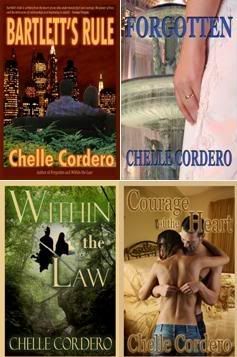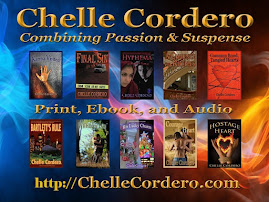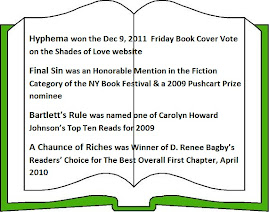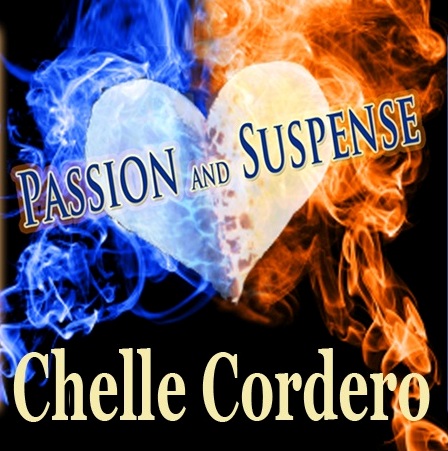“Hi, my name is Chelle and I am a romance writer.” I receive a round of applause and several personal shouts of “Hi Chelle!” And over milk and cookies, we discuss the 12-steps towards REAL writing… (the preceding is a dramatization and should not be attempted, etc and so forth)
Why is it that many writers in the romance genre feel that they must announce their forte in clandestine meetings and apologize for their behavior?
Hey all, I write romance. I am not ashamed of the stories I weave. Yes, there is sex and sometimes I may even find myself blushing as I read aloud at an author event. I have oft been the recipient of “tsk, tsk” and “I’m sorry, I won’t read romance books.” And men, oy, they won’t be caught reading a romance novel, no matter how good a story you may tell. My son-in-law teased me that he planned to cover my first novel with a cookbook cover so he could read it on the train while heading in to work!
The romance genre has gotten a bad rep and romance writers are regarded with condescending amusement. And yet, Romance Writers of America has the following statistics on their website: “Romance fiction: $1.375 billion in estimated revenue for 2007, Religion/inspirational: $819 million, Science fiction/fantasy: $700 million, Mystery: $650 million, and Classic literary fiction: $466 million. Of those who read books in 2007, one in five read romance novels.” Impressive.Often referred to as escapism or fluff, the romance genre is known for the “formula” – boy meets girl, boy falls in love with girl, boy loses girl over some stupidity that can’t be helped, boy wins girl back, and they live happily ever after. But if all writers followed the “formula” without a real story plot, do you honestly believe that $1.375 billion would have changed hands in 2007? Romance has many sub-genres as well and contemporary romance (the here and now, situations the average reader can relate to) remains the leader of the pack.
During a recent discussion with my editor/publisher, I asked for her definition of romance, erotica and porn – all too often used to delineate categories of romance. Her response was simple, the focus of the story and whether the plot and love came before or after the sex in the book. This put it all into perspective for me. Just like the ingredient label on our breakfast cereals, which comes first?
To date I have written four contemporary romance novels; three have been published and the fourth, Courage of the Heart (actually a modernized re-release from 2001) is due out in February. The ingredient labels on Bartlett’s Rule, Forgotten, Within the Law and the aforementioned Courage of the Heart would read: Love story. Sub-plots and twists, Sex – yep, they are romance novels. A fifth novel, due out in the summer, is called Final Sin. Final Sin’s ingredient label would read Crime-Suspense story, sub-plots and twist, love story and sex; while there is certainly sex involved, it is more relevant to the crime than to the love story. (I have been assured by the haters of romance novels that they are looking forward to reading my NON-romance.)
Some of the most popular stories throughout time have involved intricate love stories although some do not have happy-ever-after endings: Romeo and Juliet, Gone With the Wind, West Side Story, Guys and Dolls, Gift of the Magi, and more. Many modern day movies and box-office hits illustrate the theme of love and sex: 27 Dresses, Pretty Woman, Love Story, Casablanca, Sleepless in Seattle…
It seems that the story of romance is here to stay. And if you decide to pick up a romance novel, you just might find yourself intrigued by the story.






No comments:
Post a Comment